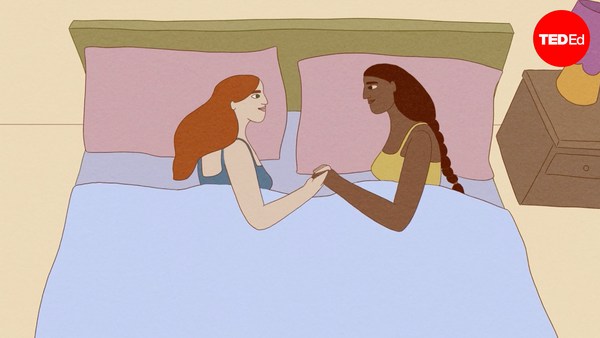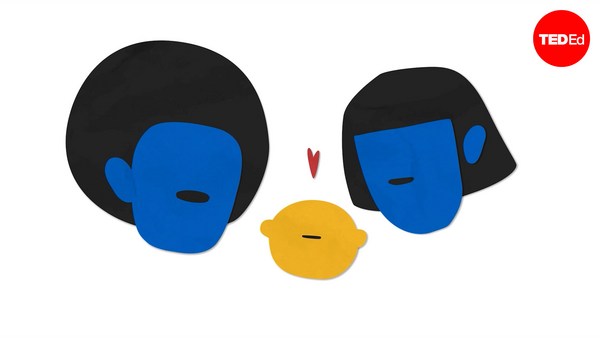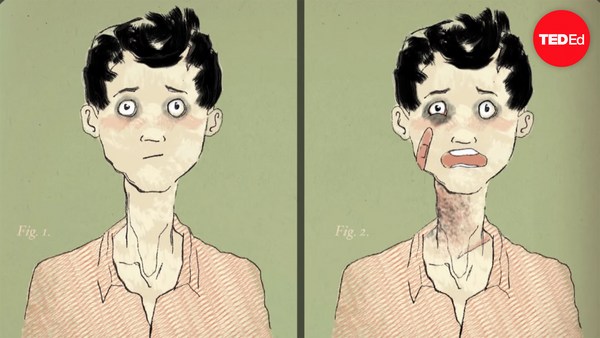While cleaning out your eccentric uncle's attic, you find a chest with a sparkling potion. The attached tag declares drinking this liquid will make you immortal. Your body will be frozen at its current age, and you'll become immune to disease and serious injuries. These effects would be final and irreversible, guaranteeing your existence at least until the heat death of the universe. So, the instructions are clear— the only question is, do you drink the potion?
Generally, people consider death to be bad— so bad, in fact, that our lives are filled with precautions against it. We often avoid overtly dangerous activities, and we willingly accept inconveniences to further reduce our chances of dying. But if you were immortal, you could live as dangerously as you like. You could pursue any goal on as long a timeline as you need. You’d be free to enjoy a boundless horizon of exploration, pleasure, fulfillment, and novelty, all without the fear of death hanging over you.
Despite this, British ethicist Bernard Williams thinks there are plenty of reasons not to drink, most notably because an immortal life would be unbearably boring. Think of how your favorite things can become less enjoyable with frequent repetition. Your 16th chocolate truffle doesn't bring as much pleasure as the first, and you might grow sick of truffles altogether if you ate them every day. Following this logic, Williams argues that repeating the same activities for all eternity would be horribly monotonous.
On the other hand, philosopher John Martin Fischer argues that while some pleasurable experiences do have diminishing returns, others don’t. Surely watching a beautiful sunset would remain fresh, even after thousands of years? And since we already tend to forget things in our human lifespan, it seems reasonable that after several centuries you could enjoy a previously exhausted experience. Besides, even if some pleasures fade, the pursuit of certain goals could last forever. Fischer and Benjamin Mitchell-Yellin point out that even an immortal couldn’t read every novel ever written while keeping up with new releases. And J.J. Wisnewski imagines an immortal musician who learns all existing instruments and any new ones that are invented. And those are just personal goals— an immortal dedicated to advancing various social causes would likely find their hands busy navigating a constantly shifting cultural landscape.
Alternatively, perhaps the novelty sustaining your immortal life could come from within, as you change what you value and pursue. After decades of painting, you might decide to become an astronaut or a chef or a farmer, each transformation opening up new experiences. However, Williams questions if anyone would actually want to live such an ever-changing lifestyle. Sampling every experience life has to offer would require living untethered to a core set of values or ambitions. And not only would this be profoundly destabilizing to your sense of self, over a long enough timeline you’d probably come into conflict with your past selves. In such a situation, would you even care about your continued survival? Immortality skeptics often cite the painful prospect of outliving loved ones as a reason to remain mortal. But what about knowing that the current version of yourself could effectively die by morphing into someone totally different? Williams argues that living within the constraints of our own individual character is part of what makes life meaningful.
Thinking about what makes life meaningful is very relevant here. After all, the ideal outcome of immortality is the ability to maximize life and the good things it contains. But philosopher Samuel Scheffler argues that temporal scarcity— meaning the lack of time— is essential to our valuing anything. It’s precisely the fact that our time on Earth is limited that forces us to form our values, and determine what things are worth doing with the time we have. For Scheffler, immortality undermines the very possibility of a meaningful life.
For these reasons, and many more, some theorists consider eternal life more of a curse than a blessing. Then again, a couple of centuries of learning, loving, and chocolate truffles doesn’t sound that bad, does it? So, will you drink your uncle’s potion?


